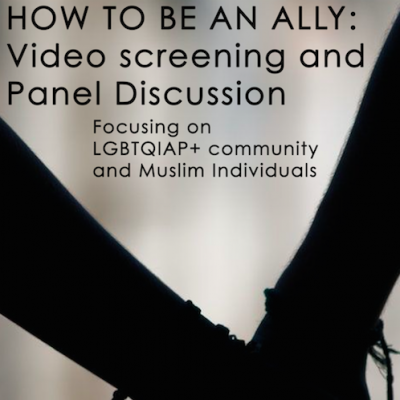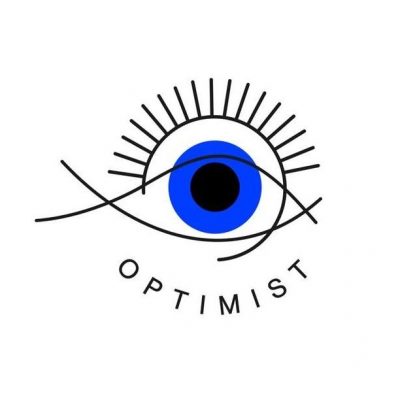Article
In Ireland, like in many other countries, mental health continues to be a taboo subject for many, and funding for mental health care is sparse. This is set against the backdrop of rising prevalence of mental illness and increasing rates of mental health difficulties such as non-clinical levels of depression and anxiety. Ireland has the fourth highest youth suicide rate in Europe. Various social campaigns from Irish civil society have worked to spread the message that it is okay and necessary to talk about mental health. However, with an acute shortage in mental health treatment services, long waiting lists, and the high cost of private health care and arising inequalities, it simply has not been sufficient for people to speak out about their suffering. Without trained individuals to listen and assist individuals with mental health concerns, speaking out could be met with isolation.
To address this gap, Senior Fellow Britta Thiemt began “How to be a Mental Health Ambassador,” an Action Project that aims to address the lack of support for people struggling with their mental health in Ireland in two ways:
- To enable young people to act in support of others struggling,
- To sensitise them to the political dimension of the issue and the necessity for reform.
This was attempted with a two-part event, which consisted of a skills-based workshop and a panel discussion on mental health reform.
Having grown up in Germany, there were certain things Britta took for granted about living in a European country. In her own family, members who experienced mental health difficulties are able to make use of in- and outpatient mental health treatment within reasonable waiting periods, and for free. In Ireland, this was not possible. As a psychology student, as well as having her own family members affected by this issue, Britta felt compelled to raise awareness on mental health at both the social and policy level.
Having grown up in Germany, there were certain things Britta took for granted about living in a European country. In her own family, members who experienced mental health difficulties are able to make use of in- and outpatient mental health treatment within reasonable waiting periods, and for free. In Ireland, this was not possible.
Originally, the Action Project’s goal was to improve access to mental health services by approaching young people as the high risk group for developing mental illnesses. The team wanted to teach students “mental health literacy” – how to understand one’s own mental health and how to access help. Britta partnered with her university’s Welfare Officer who aided in recruiting college students as volunteers to deliver workshops. After establishing this partnership and finding a group of volunteers, the next step was to reach out to mental health professionals to get their guidance on what the content for the workshops should look like. However, upon reaching out, Britta found that two organizations were already providing accessible mental health literacy workshops, despite it not being clear from online research. Thus, recreating a similar workshops would likely not create the most worthwhile contribution.
Hence, a change was required. First, the team changed the target group to college students, as fewer workshop and education programmes are available to them than secondary students. Secondly, upon reflecting on the lack of people who can listen, the idea of educating “Mental Health Ambassadors” emerged. Their new vision now was to empower people to recognise others struggling mental health-wise, to support them in accessing help, and to make them aware of the need for political change to make treatment more accessible. From this, a two-part event was conceptualised to put this goal into action.
As a psychology student, as well as having her own family members affected by this issue, Britta felt compelled to raise awareness on mental health at both the social and policy level.
As there was already a relationship with the Student Union Welfare Office, Britta approached the welfare officer again for this new project idea and was enthusiastic about collaborating. The event was set to overlap with the university’s mental health week.
The team set up a workshop that began with an active listening icebreaker, followed by a crash course on common mental health disorders and difficulties in accessing mental health services in Ireland by an expert panel. The audience and other visitors were given a handout covering both issues in further detail, so that participants had necessary information on how to support family members and friends. Panelists came from Ireland’s lobby organization “Mental Health Reform,” a research practitioner in clinical psychology and the National Union of Students’ in Ireland’s Welfare Officer.




